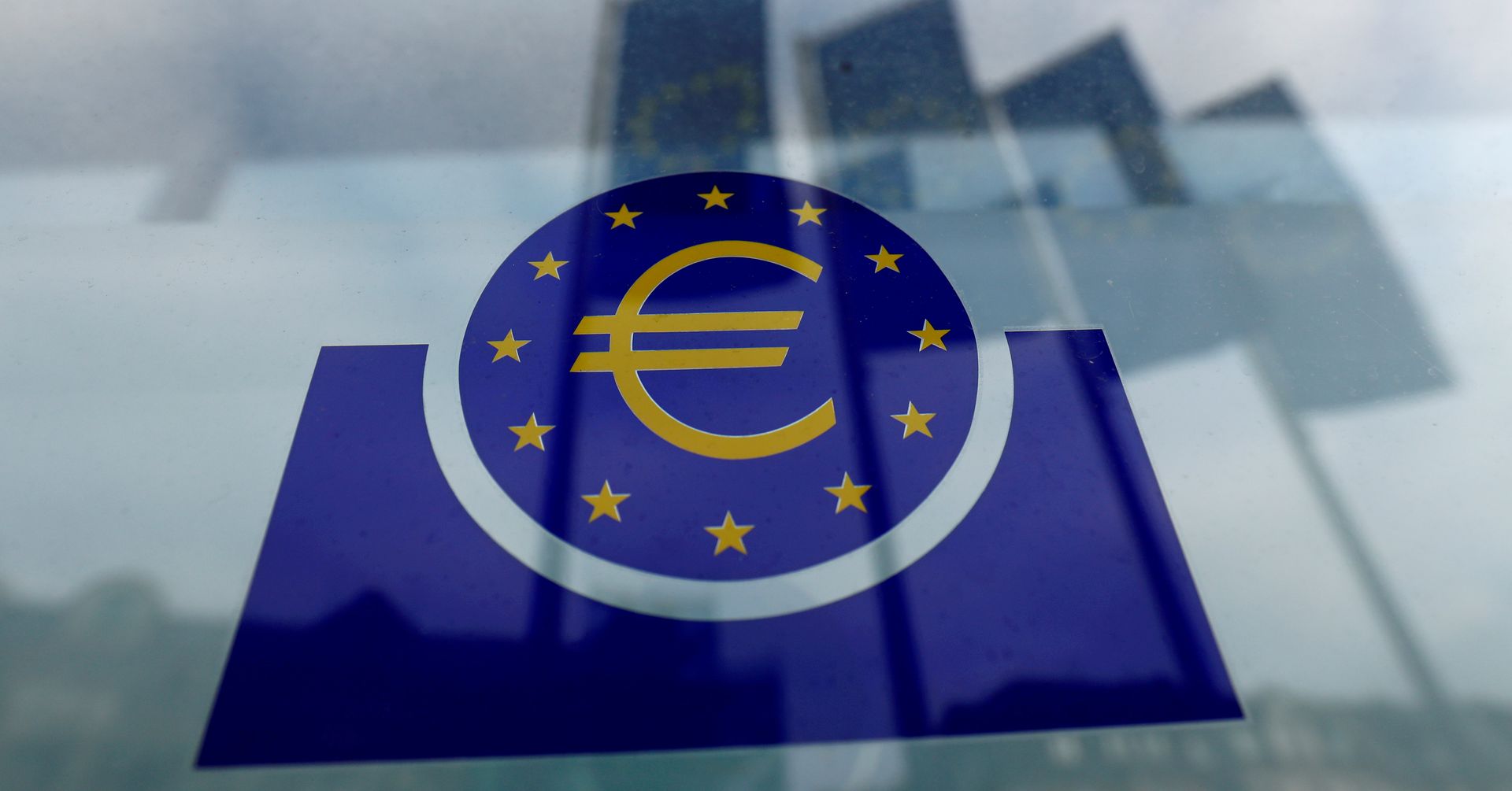Euro zone government bond yields rose on Thursday, unwinding most of the previous day's gains, after German inflation data reignited investor concerns over yet more interest-rates rises.
Meanwhile, UK bond holders resumed their selling of gilts after the Bank of England (BoE) stepped in on Wednesday to stabilise the market in light of a surge in yields.
Euro area yields fell sharply, echoing the strength in the gilt market, after the BoE's decision to launch of an emergency bond-buying programme gave fixed income investors some relief from what has been an otherwise relentless drop in prices this year.
Analysts were cautious about the BoE measures, arguing that to restore markets’ confidence, the British Treasury needs to announce a credible plan to get debt under control.
Germany's 10-year government bond yield , which serves as a benchmark for the euro zone, rose 5 basis points (bps) to 2.20%. It hit its highest since December 2011 at 2.35% on Wednesday and is on track for a rise of 87 bps in the three months to September. This would be its biggest quarterly rise since early 1990, according to Refinitiv data.
"Markets calmed down after the BoE stepped in. However, the BoE move, without a change in political direction, might not be a turning point on its own," Chris Attfield, European rates strategist at HSBC, said.
More immediately, data on Thursday showed German inflation was at its highest in over a quarter of a century in September, driven by soaring energy prices, even before the impact of the global power crisis fully hits during the winter months.
"Given the ECB's new reaction function, it will underpin the ECB's ongoing hawkishness," strategists at ING, led by Padraig Garvey, said of the expected read of German consumer prices.
"Markets, however, are showing more signs of concern over systemic stresses as monetary policy reins are further tightened across the globe. After the UK episode the implied volatilities in rates markets remain at record levels," they said.
European Central Bank policymakers continued to signal they would support another big interest rate hike given how strong inflation is, but differed on whether it was time to think about mopping up cash from the economy.
"Markets are pricing a high probability of two ECB rate hikes of 75 bps by year-end, and we are inclined to agree with that. The hawks are in control, and the real question is what will happen next year," HSBC's Attfield argued.
Italian government bonds slightly underperformed those of Germany after sources told Reuters ECB policymakers see no need to step in and buy more of the country's debt to keep the market stable after a right-wing coaltion won a general election.
Italy's 10-year government bond yield rose 8 bps to 4.65%, having hit its highest since February 2013 the previous day, when it reached 4.927%.
The premium of Italian 10-year yields over those of Germany widened several basis points to around 245 bps, from a low of 232 bps earlier on.










